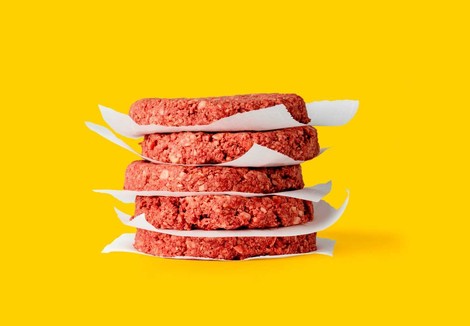Your podcast discovery platform
Curious minds select the most fascinating podcasts from around the world. Discover hand-piqd audio recommendations on your favorite topics.

piqer for: Boom and bust Health and Sanity Global finds Doing Good
Danielle Batist is an experienced freelance journalist, founder of Journopreneur and co-founder of the Constructive Journalism Project. She lived and worked all around the globe and covered global and local stories of poverty, exclusion and injustice. Increasingly, she moved beyond ‘problem-reporting’ to include stories about the solutions she found. She witnessed the birth of the new nation of South Sudan and interviewed the Dalai Lama. She reported for Al Jazeera, BBC and the Guardian and regularly advises independent media organisations on innovation and sustainability. She loves bringing stories to the world and finding the appropriate platforms to do so. The transformation of traditional media fascinates rather than scares her. While both the medium and the message are changing, she believes the need for good storytelling remains.
The 'Clean Meat' Market Is About To Go Big
From lab-grown chicken strips to bleeding burgers made of plants: the ‘clean meat’ market is growing – and transforming. In burger land, the next big breakthrough might come from a company that raised $182 million of investment in its latest round, with funders including Bill Gates, Google Ventures and UBS.
In awaiting the opening of Impossible Foods’ first factory tomorrow, the company gained widespread media attention. This article in the Washington Post highlights how the company attracted far more investment than its competitors.
Founder Patrick Brown is a former biochemistry professor at Stanford. “The mission of the company is to make the existing method for producing meat obsolete,” Brown is quoted in the article. “That means we need to be competitive everywhere. And soon we will be.”
Impossible Foods’ website looks bold and aimed at the meat-loving concerned global citizen. It states what makes them different from your average tofu burger: “our burgers begin with the look and feel of raw meat, deliver the sizzle and explosion of aromas as they cook, the charred exterior, the delicious juices escaping, and that oh-so-satisfying meaty texture and taste when you sink your teeth into one.” It also mentions that shifting to their burger means the planet will still be there for your children to enjoy one too.
I was interested to read about the "magic ingredient" called heme, that makes meat look, cook and taste meaty, but that is not just in meat but in plants too. Producing the Impossible Burger requires a quarter of the water used to produce the same burger from a cow, 1/20th the land, and an eighth of the greenhouse gas emissions.
Crucially, its price will come down as demand grows, and according to the article the company is reportedly having talks with McDonalds, though it doesn’t have that capacity yet. But as the Washington Post concludes: the plant that will open tomorrow will prove whether or not the concept can scale.
